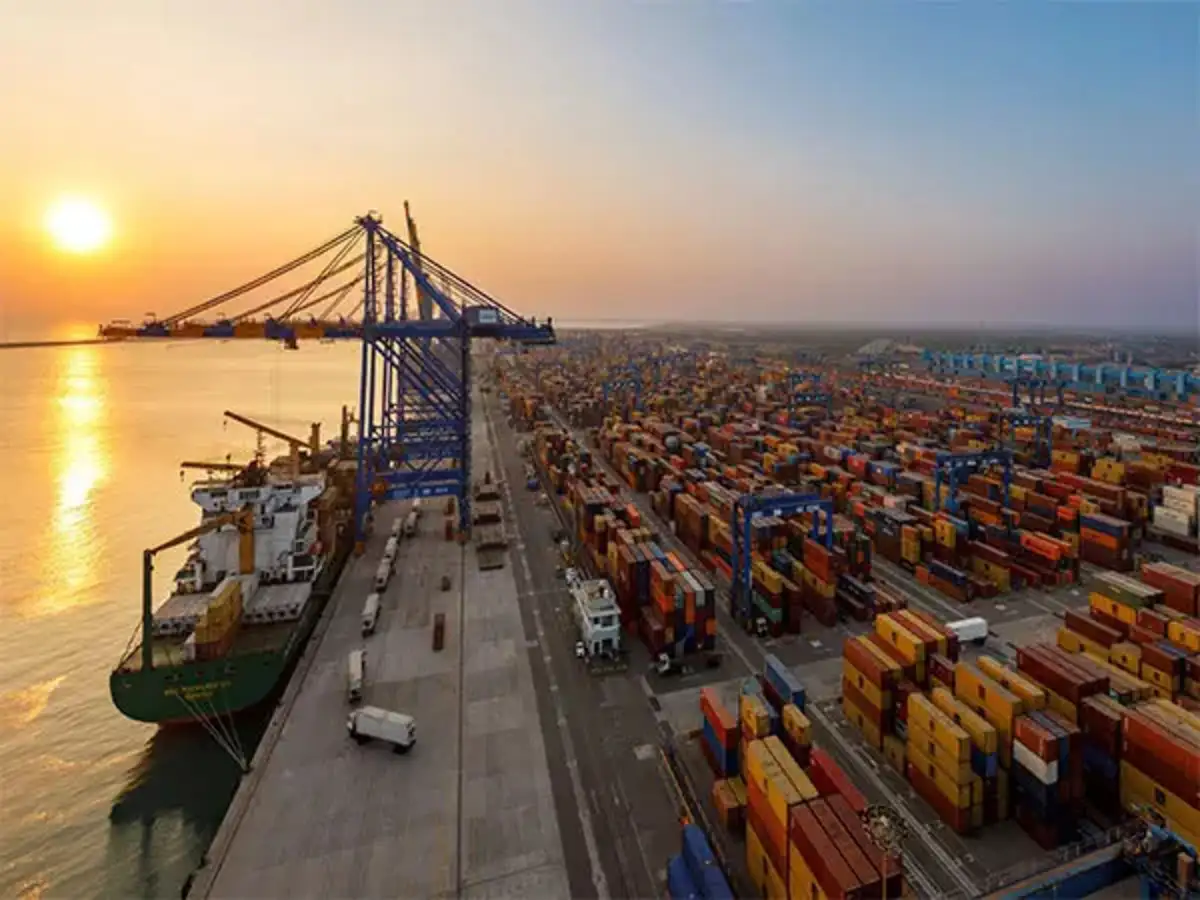India recently took a significant step in halts of Bangladeshi exports through its land ports, a move that followed remarks made by interim Bangladeshi leader Muhammad Yunus during a visit to China. This development has raised concerns over the future of bilateral trade relations and the growing geopolitical tension in South Asia.
Background: What Triggered the Trade Shift?
During his visit to Beijing in March 2025, Yunus referred to India’s northeastern states as “landlocked” and described Bangladesh as the “guardian of the ocean” for the region. He further encouraged Chinese investment in Bangladesh to help unlock regional trade potential. India perceived this as a diplomatic slight and an implicit invitation to China to increase its presence in an area that India considers sensitive and strategically vital.
India’s Strategic Response: Ending Transshipment Facilities
In a direct response to Yunus’s comments, the Indian government announced on April 8, 2025, that it would revoke the transshipment facilities previously granted to Bangladesh. This arrangement allowed Bangladeshi exporters, especially those from the ready-made garments (RMG) sector, to use Indian ports for exporting goods to third countries like Nepal, Bhutan, and Myanmar.
Key Reasons Cited:
Logistical inefficiencies
Delays in Indian exports due to shared infrastructure
Rising costs of cross-border management
However, analysts suggest that the timing of the decision reveals more about India’s strategic concerns than logistical hurdles.
Economic Impact on Bangladesh
This decision could disrupt Bangladesh’s export supply chain, especially for its garment industry, which depends heavily on timely shipping to global markets.
Major Consequences:
Increased pressure on Chittagong and Payra ports
Longer shipping routes, increased costs
Reduced competitiveness in European and Middle Eastern markets
Potential slowdown in trade growth
Bangladesh has responded cautiously, with officials stating they will manage with existing national port infrastructure while exploring alternative routes.
Strategic and Geopolitical Implications
India’s northeastern states have long faced connectivity challenges. The transshipment facilities with Bangladesh were not only economically important but strategically advantageous. Yunus’s remarks may have been interpreted as undermining this cooperation and signaling a closer Bangladesh-China alignment.
India’s reaction can be seen as:
A move to assert its regional dominance
A warning against allowing greater Chinese involvement in South Asia
A reassessment of trade dependencies based on political alignment
Regional Trade at a Crossroads
This episode could impact regional initiatives such as:
BBIN (Bangladesh, Bhutan, India, Nepal) Motor Vehicle Agreement
BIMSTEC connectivity projects
India’s Act East Policy
Tensions in trade relations could also influence future negotiations on cross-border infrastructure, customs cooperation, and economic corridors.
conclusion
India’s move to curb Bangladeshi exports via land ports is a significant geopolitical signal beyond just trade logistics. Muhammad Yunus’s “landlocked” comment acted as a catalyst, prompting India to protect its strategic interests and regional influence. As South Asia navigates a shifting geopolitical landscape, the balancing act between diplomacy, trade, and regional partnerships becomes more critical than ever

